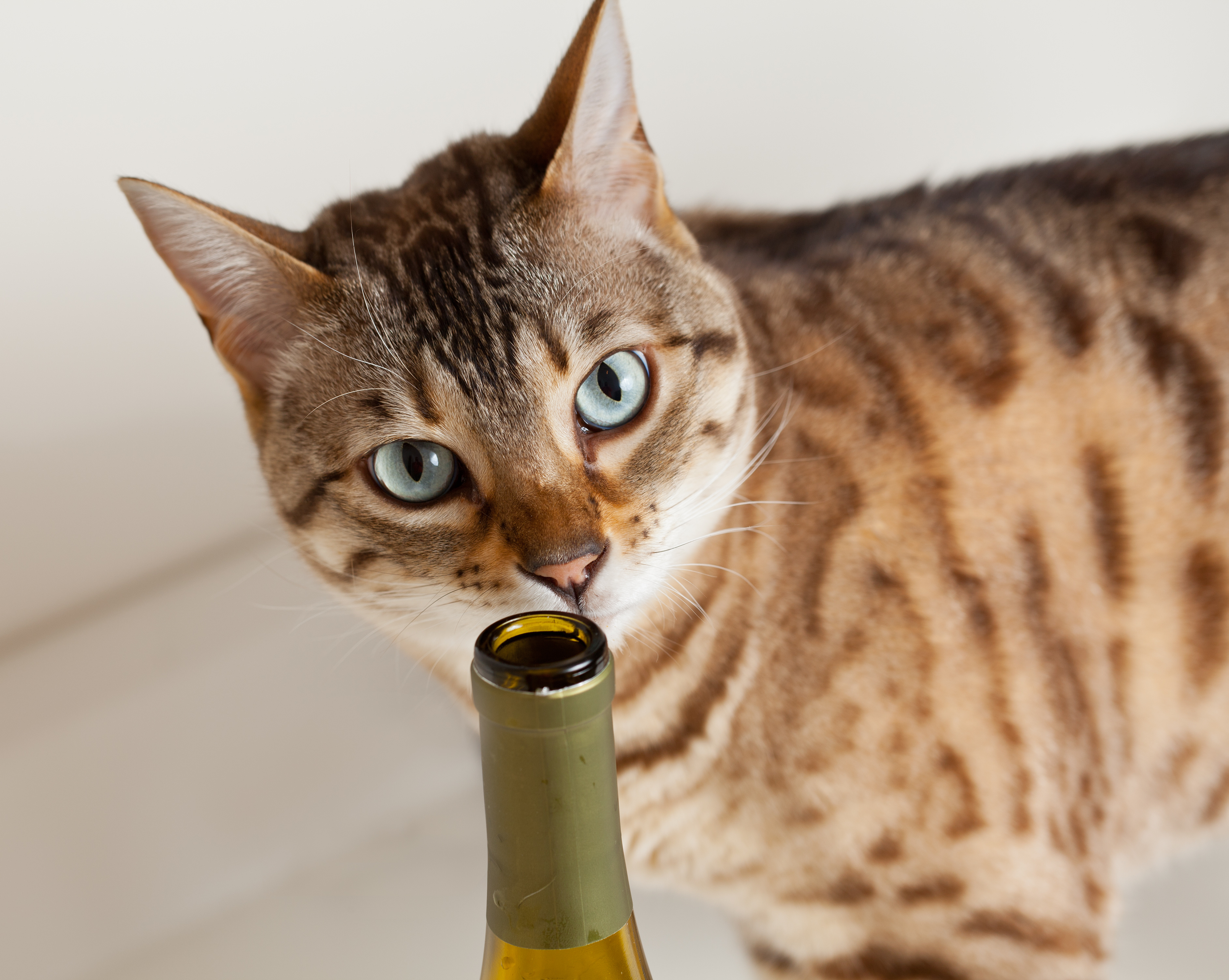More than just pulling the cork out and shoving it back in, open and closed in regards to wine are important terms for describing your experience with the juice.
You’ve most likely heard the term “letting the wine open up” at some point in your wine journey. Opening a wine requires oxygen to interact with the juice that has been under cork and in cellar for any period of time. Whether by way of decanting, or letting the wine breathe in the bottle, these processes assist in the wine opening up. An open wine shows its full potential in the bouquet, across the palate, and all the way through the finish. You must me mindful and careful with opening older wines as they tend to open fast, and if they are highly vintaged, can turn over from open to over-the-hill in a matter of an hour or two.
As much as you’ve heard about open wines, you may have heard about closed wines. A closed wine is the exact opposite of an open wine. The wine is restrained, nervous, subdued, tight, and well…closed off. A wine is most likely closed when it is too young, just bottled, incurred bottle shock from travelling, and/or being over handled. Closed wines don’t give off much in the nose, seem thin on flavor across the palate, and can have little or no finish. Just because a wine is closed doesn’t mean it’s a bad or off bottle. It just means you need to cellar the remaining bottles longer, use a decanter and/or aerator to assist in opening it up if you want or need to enjoy now, or just pull and put the cork back in whilst letting it sit till tomorrow around the same time (24-hour method) and revisit the wine to see how it has opened up (the pull and replace method is best done under cellar conditions around an ambient temperature of 58°F with 50% humidity).
The next time you open up a wine bottle and feel it doesn’t taste right, ask yourself, “Is this strangely nutty or acidic?” If the answer is no, but the wine isn’t quite what you hoped for, give it some time or an assist. You may have a closed wine, and with oxygen and time, it may become an open wine, and most likely quite enjoyable. If it doesn’t by that point, you may just have a lemon, and that unfortunately does happen in this industry. Contact the source you acquired the bottle from and see if they might be able to assist you in rectifying your unfortunate situation.

